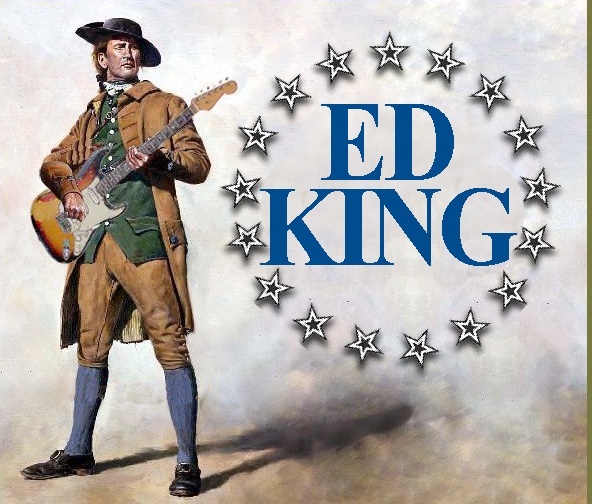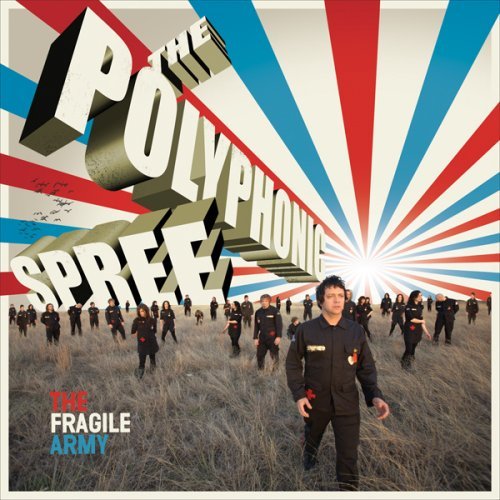 BY ED KING ROCK SNOB I’m finding that one unexpected part of the aging process is reliving every half-decent pop culture trend of my youth. Musically, I feel stuck in some prepubescent summer of ’74 pool jukebox rut of pleasant mediocrity. It makes sense. This is the era when major-label releases of surprisingly interesting material could fly under the radar, get tossed into the cheapest bins at used record stores — you know, the ones that sit on a table in the sun, dog-eared covers and missing inner sleeves be damned — and await the adoption of a hopeful, budget-conscious rock nerd. A lot of great albums which otherwise would have been lost to the ages have been discovered through this process, such as Big Star’s #1 Record, which beginning in 1980 or so made its way from the sun-baked bargain bins of used record stores to the vaunted wall slot, reserved for overpriced collector’s items. Today, countless bands have sprouted from the hopes of stumbling across the next 25-cent copy of a forgotten late-period Association or Roy Wood album. This brings me to the latest from The Clientele and The Polyphonic Spree.
BY ED KING ROCK SNOB I’m finding that one unexpected part of the aging process is reliving every half-decent pop culture trend of my youth. Musically, I feel stuck in some prepubescent summer of ’74 pool jukebox rut of pleasant mediocrity. It makes sense. This is the era when major-label releases of surprisingly interesting material could fly under the radar, get tossed into the cheapest bins at used record stores — you know, the ones that sit on a table in the sun, dog-eared covers and missing inner sleeves be damned — and await the adoption of a hopeful, budget-conscious rock nerd. A lot of great albums which otherwise would have been lost to the ages have been discovered through this process, such as Big Star’s #1 Record, which beginning in 1980 or so made its way from the sun-baked bargain bins of used record stores to the vaunted wall slot, reserved for overpriced collector’s items. Today, countless bands have sprouted from the hopes of stumbling across the next 25-cent copy of a forgotten late-period Association or Roy Wood album. This brings me to the latest from The Clientele and The Polyphonic Spree.
God Save The Clientele answers the question, “What would The Monkees’ Davy Jones sound like fronting an indie pop band in 2007?” The opener “Here Comes the Phantom” must buckle the knees of modern-day Marcia Bradys. The indie pop scene has been working toward the fulfilling the wish that Bread actually released more than three great soft-pop songs for years. Think of all the quarters spent at used record stores in hopes of scoring that one great Bread album. The Clientele manage to turn out a whole album that sounds as good as those three good Bread songs. “I Hope I Know You” and “Isn’t Life Strange” sound as if Elvis Costello spent a few weeks writing with David Gates himself to achieve this bargain-bin fantasy. Hell, I’m almost willing to think that Bread really were America’s answer to The Zombies all over again.
as good as those three good Bread songs. “I Hope I Know You” and “Isn’t Life Strange” sound as if Elvis Costello spent a few weeks writing with David Gates himself to achieve this bargain-bin fantasy. Hell, I’m almost willing to think that Bread really were America’s answer to The Zombies all over again.
The Polyphonic Spree, that 40-piece collective of brightly colored robes and Kool Aid-sipping marching band freaks, sets itself a tougher task on The Fragile Army, trying — once more — to marry the symphonic pomp of ELO to the feel-better sentiments of landmark ’70s self-help tome “I’m OK, You’re OK.” The results are as muddy and unsatisfying as the many Roy Wood and Wizzard albums I’ve dropped a quarter on in hopes of finding one more whacked-out gem like “Boulders.” Like the worst of George Harrison’s solo works, instrumental breaks are constructed not so much to highlight expressive flights of musicality but to allow for the shimmying and hand-raising of all those robed backing singers. Damn flutes flutter at every given opportunity! Some songs, like “Younger Yesterday,” start out perfectly cool, before being bogged down by up-with-life platitudes. Hey, I love life as much as the guy in the chartreuse robe, but how about giving the song itself some life?
Other tracks, like “We Crawl,” treads the depressingly fine line of demarcation between Eno and Styx. Before I wrote this, I went back and listened to some ELO albums, a Queen album, and the one-man recordings of Wood and Todd Rundgren. Do 40 musicians really contribute to the sound and ideas of The Polyphonic Spree, or am I correct in thinking their records sound smaller and shorter on ideas than any of a half-dozen Elephant 6 releases made by a fraction of the musicians? “Too much of nothing,” sang Bob Dylan, “can make a man feel ill at ease.” Or to put it another way: when more is less, size no longer matters.
The Polyphonic Spree perform tonight at the Fillmore at the TLA

